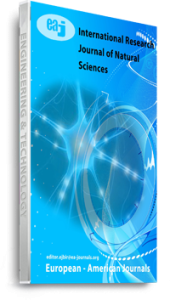Geochemical analysis of rocks and sediments from streams in Ragga part of Kurra sheet 189 SW north central Nigeria was carried out to infer the mineral potential of the area. Kurra area was underlined by Precambrian Basement Complex rocks, which among others, include the medium grained banded gneiss and were intruded by pegmatite and quartzo-feldspathic veins that occurred as discordant low lying dykes. The gneisses contained quartz, plagioclase feldspar, biotite and muscovite. The basalts were mainly plagioclase, olivine, phenocryst of magnetite, quartz and ground mass of clinopyroxene in nature. The amphibolite contained plagioclase feldspar, hornblende, quartz, biotite and pyroxene. The pegmatite mostly trends in the NE-SW, and was generally made up of quartz, plagioclase, biotite and muscovite. Most of the pegmatite and medium grained leucocratic gneiss samples fall within the calc-alkali field, whereas the basalt and medium grained melanocratic gneiss samples plotted in the alkali-calcic field. The plot of Na2O/Al2O3 against K2O/Al2O3 indicated that the pegmatites were of igneous ancestry and were within the syn-collisional granite field and were ≥ 30 km depth fields. The concentrations of Au, Ag, Pb, Zr, Sn and Ba in sediments were higher in the NW part of Angwan Maiganga than around Ragga Makaranta. Sn was dominant in the sediments along the streams in the NW part Angwan Maiganga, while Ag was higher around Ragga Makaranta. The transportation of metalliferous ore-forming fluids from the rocks by the river to the sediment might be responsible for the observed higher concentrations of the minerals in the sediments.
Keywords: geology, petrology, rock, streams sediments, ternary

